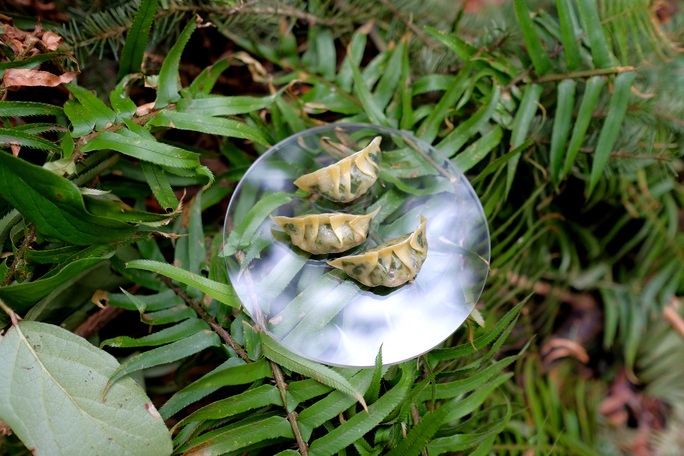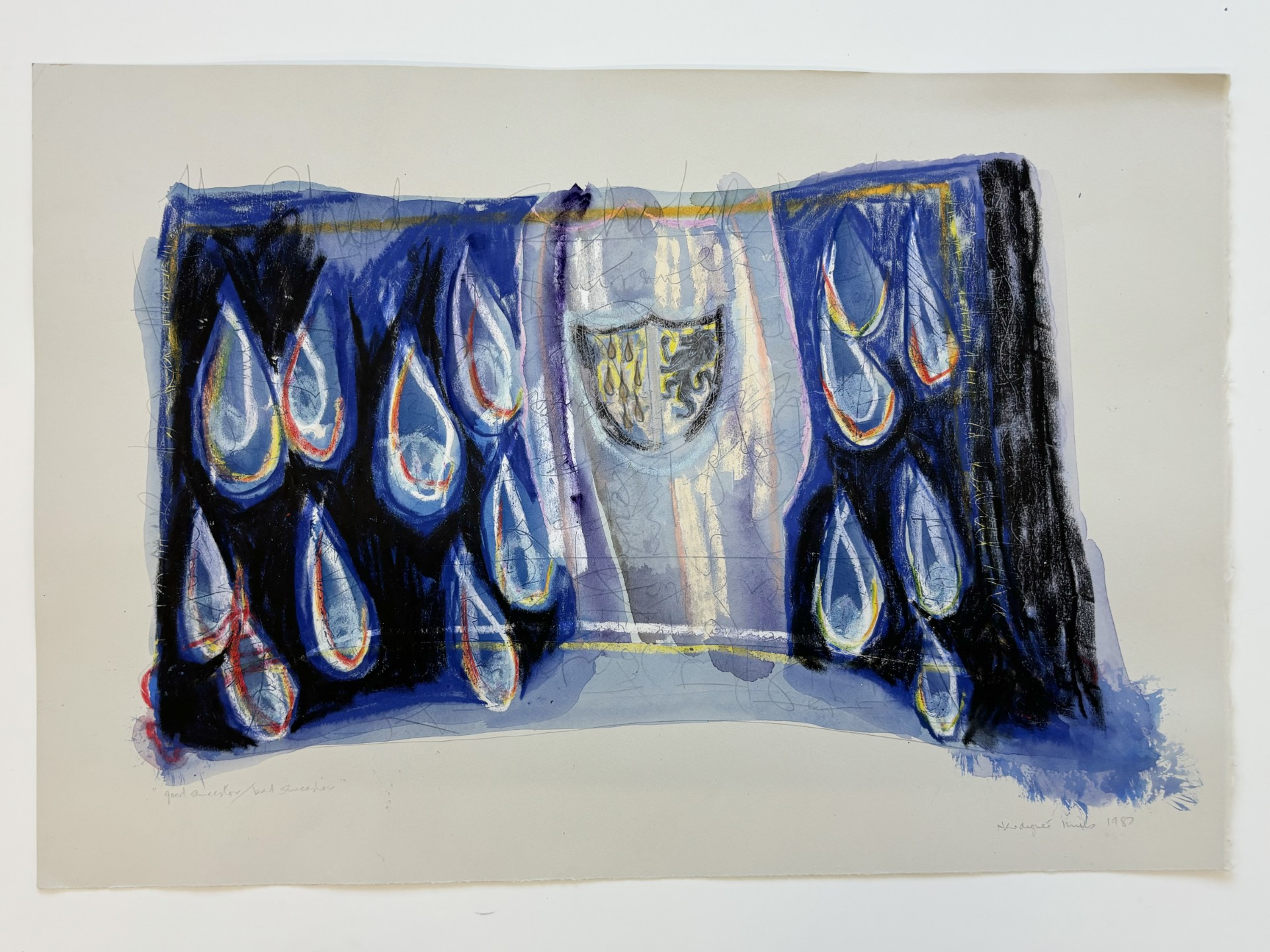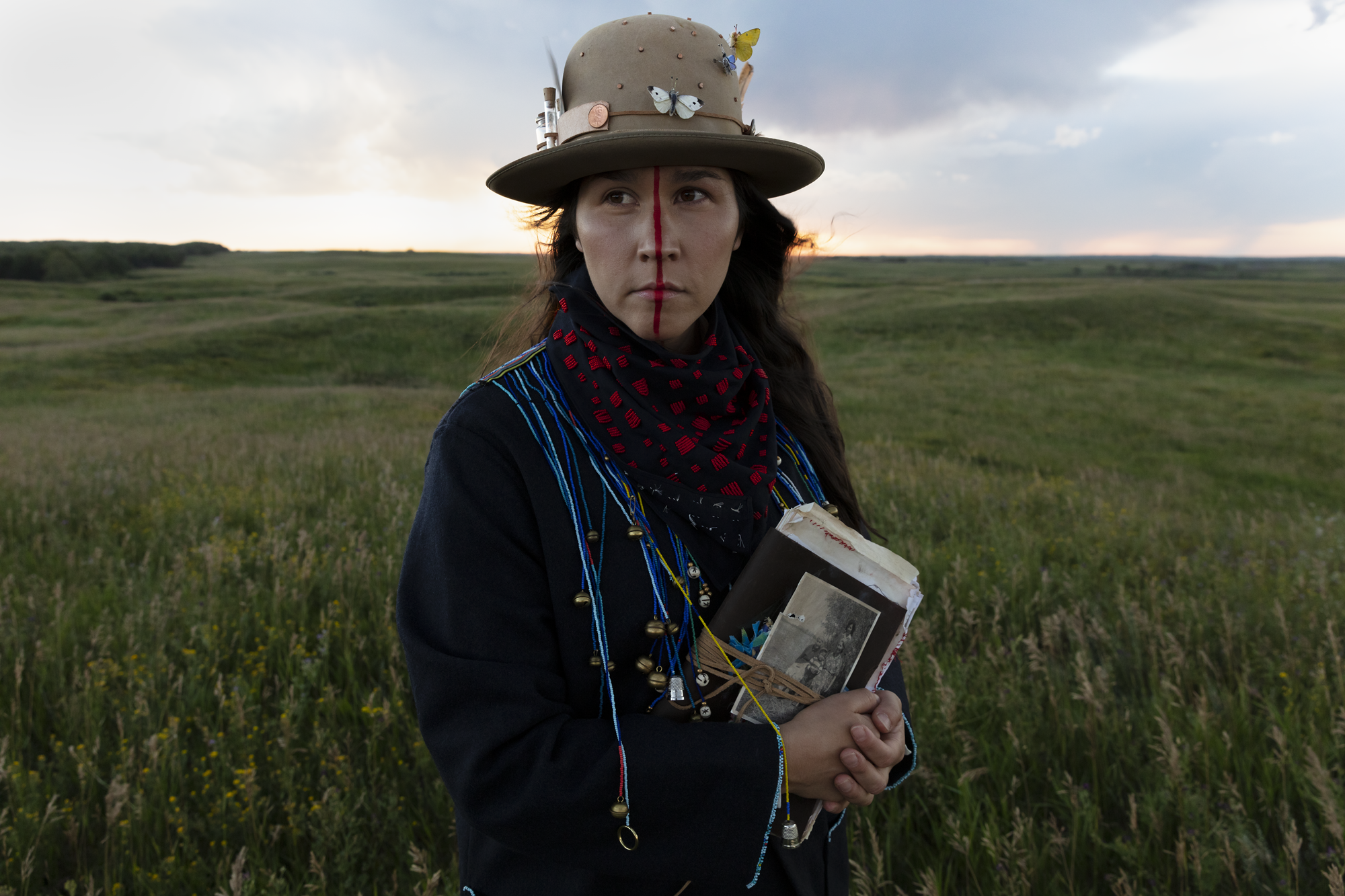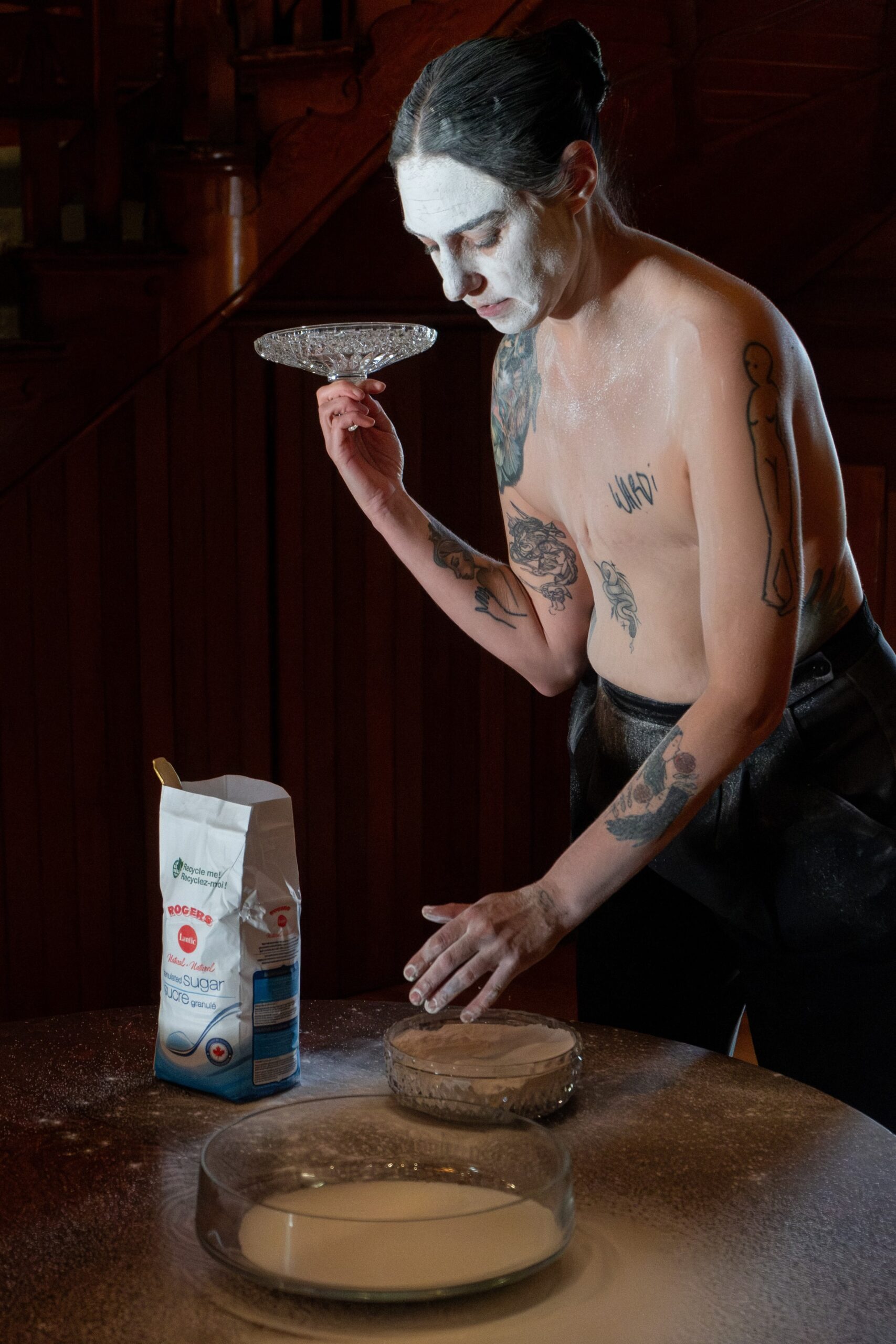By Regan Shrumm, AGGV Assistant Curator
Food is an essential ingredient for life. We do not just eat it out of necessity, as we can also eat to make us feel happy (like eating a comfort food after hearing bad news), to bring us together (such dining out for a family gathering), and to allow us to be creative (through the act of cooking or even Instagramming your food, see Y Vy Truong’s article on food and Instagram). However, food can also point to some bleak realities that are not as typically examined.
Food has a large effect on the environment and climate change. According to the U.N. Food and Agriculture Organization, 30 percent of food is wasted globally across the supply chain, contributing 8 percent of total global greenhouse gas emissions. In addition, food system continued to replicate other systems of oppression. For decades, chefs from all over the world have adapted their traditional foods to North America to appeal to a Eurocentric palette. Scientists, nutritionists, and the general public alike have made up stories in order to “other” cultural food, such as the myth that Chinese food is bad for you due to MSG, a tale told to induce xenophobia beginning in the 1960s. Food is also a source of wealth and power, and it is often Indigenous peoples and people of colour in North America who experience the highest rate of food insecurity. On average, 31% of Indigenous communities are food insecure, compared to 8.3% on average for Canada itself.
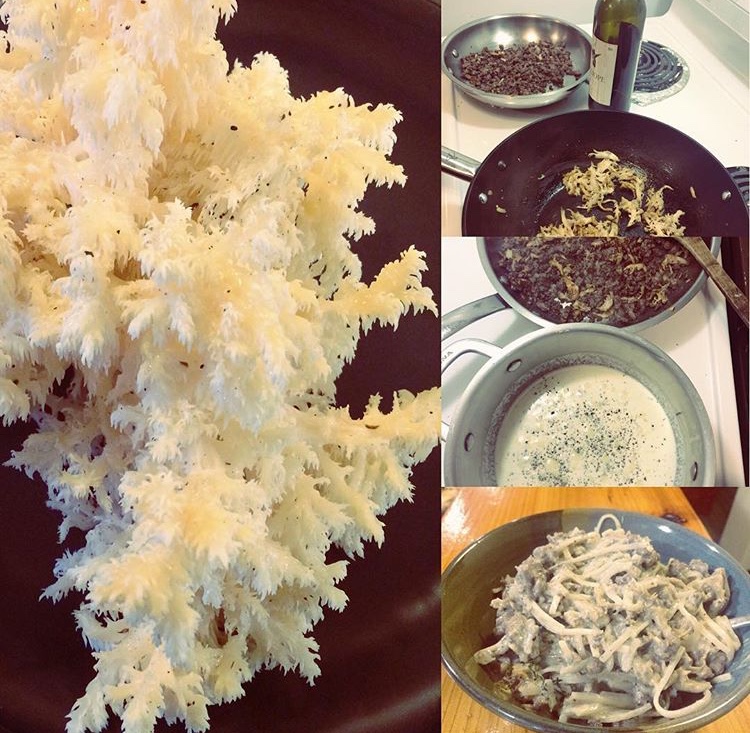
What Artists Bring to the Table will examine the wide range of narratives that food offers us. The program, running from July to November, centres around a statement by Rarámuri Nation ethnoecologist Enrique Salmón: “Eating is a political act, it is more than just eating. We choose what we eat, and therefore support a process….But eating is also a cultural act that reaffirms one’s identity and worldview each time one sits down with a plate….We eat both memories and knowledge.” The program will give participants a chance to each work directly with an artist to cook a meal or learn a food-related skill, and then sit down to discuss how the workshop related to a bigger food topic, all while enjoying the delicious creations.
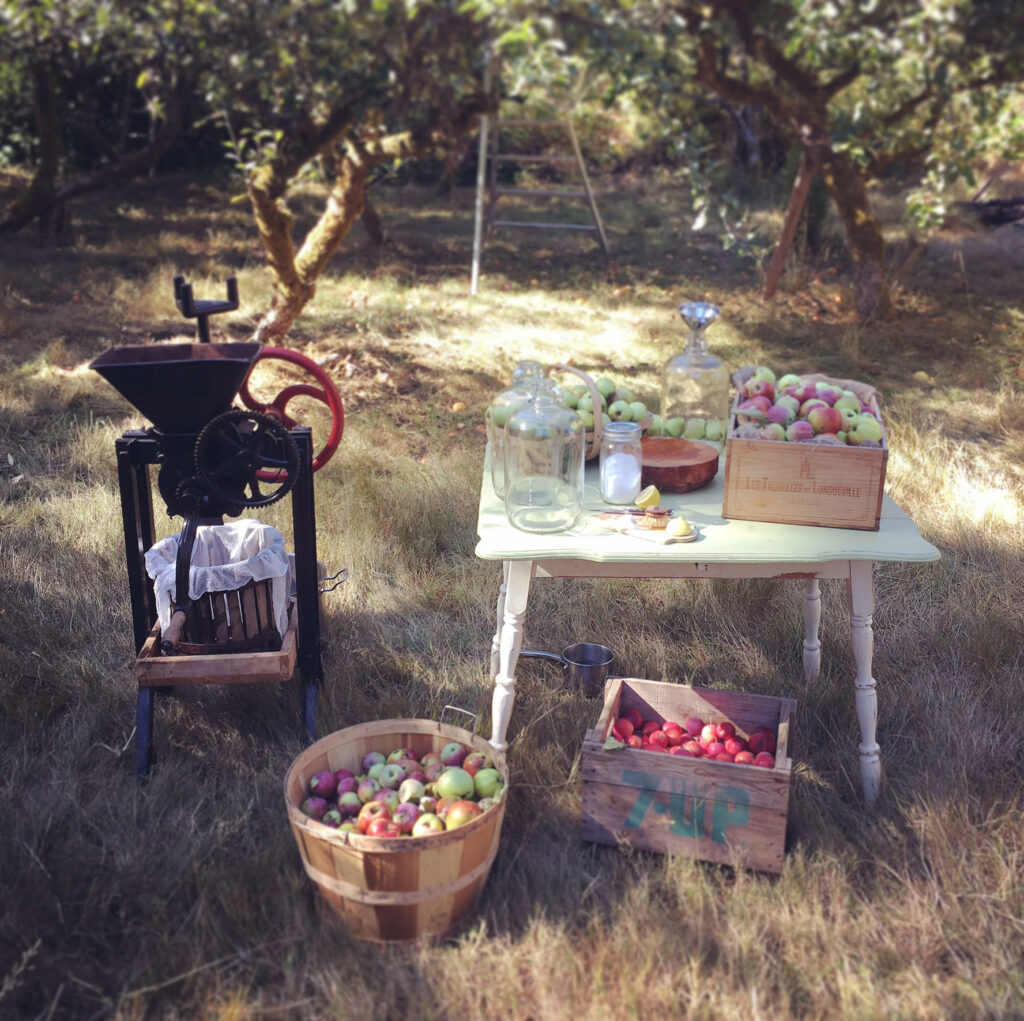
The workshops will begin on Saturday, July 6th with Vancouver-based artist Amanda Huyn, who will be teaching how to make Chinese-style dumplings and discussing migration through exploring territory and resiliency. On Sunday, August 4th, Victoria-based artist Alexis Hogan will be creating food and discussion around food as a site of connecting, both through healing and rupture. On Sunday, September 1st, Vancouver-based collective Derya Akay, Vivienne Bessette, and Kurtis Wilson will investigate ideas of (self)sustainability and implementing alternative means of food production through their workshop and discussion. On Sunday, October 6th, Salt Spring Island-based artist Elisa Rathje will be making apple cider using a century-old cider press, while discussing how to transition to simple living in an era of ecological crisis. November’s workshop is still in development, with updates to come soon.
What Artists Bring to the Table gives individuals a chance to actually take part in non-traditional art practices, and explore how art can intersect with all forms of life. Participants will be brought together through the shared interest of eating food, but will learn more about important topics like food security, sustainability, and food colonization. In order to make the workshop as environmentally conscious as possible, the workshop will be using unspoiled, misshapen food donated by Whole Foods, which would otherwise be thrown out.
All of the workshops will be held at the Oaklands Community Centre (2827 Belmont Avenue #1). Though all of the workshops are free, space is limited, so please reserve your spot through Eventbrite.

Other media to enjoy while you wait for What Artists Bring to the Table:
- The Racist Sandwich Podcast – A podcast that explores race, class, and gender through food.
- Civil Eats – A daily news source exploring the American food system through sustainable agriculture and socially just food systems
- NPR’s The Salt – Historical and contemporary stories about the world’s complicated love for food
- Afroculinaria – A food blog by culinary historian Michael W. Twitty on constructed complex Black identities expressed through what individuals eat
- Milkwood: Real Skills for Down-to-Earth Living – A book by Kirsten Bradley and Nick Ritar on ethical forging and simple living
- Salt Fat Acid Heat – A TV show and cookbook by Samin Nosrat that explores flavour and her own personal immigrant, POC, queer food history.
- Eating the Landscape: American Indian Stories of Food, Identity, and Resilience – A book by Enrique Salmón that illustrates the author’s cultural knowledge of traditional Indigenous foodways from northern Mexico.
- Saanich Ethnobotany: Culturally Important Plants of the WSÁNEĆ People – Nancy Turner and Richard Hebda present the plant knowledge of Saanich Nation elders, including specific foods and medicinal uses.
Feature image: Amanda Huynh | Diasporic Dumplings
